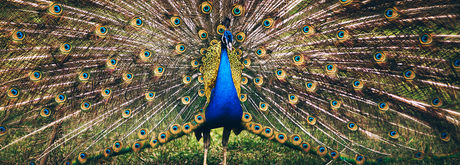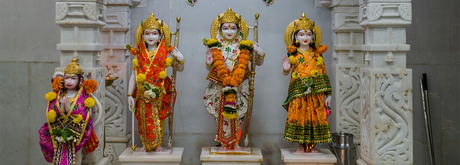The night of Maha Shivratri, 'the great night of Shiva,' is one of the most significant Hindu festivals. Celebrated annually in honor of Lord Shiva, this festival is marked with a deep sense of reverence and devotion. This occasion holds a mirror to the unfathomable depths of the cosmos, where the divine intersects with the earthly and the timeless meets time. Indeed, Maha Shivratri is much more than a religious event; it's a celestial dance of spirituality, gratitude, and inner transformation. Let’s take a deeper dive into the enchanting traditions and practices that adorn this auspicious night.
Fasting: The Purification of the Soul
The practice of fasting on Maha Shivratri is considered an act of self-purification. Both the night and the day are spent in fast to seek the divine blessings of Lord Shiva. The fast, which begins at sunrise and ends only after the fourth prahar (quarter) of the night has passed, signifies the restraint of the materialistic desires that stand in the way of spiritual progress. It's a day for consuming light, sattvic food that helps maintain mental clarity and balance, reflecting one's dedication to the divine presence in their life.
The Pilgrimage to Shiva's Abode
For millions of devotees, Maha Shivratri calls for a visit to the abode of Lord Shiva—His sanctified temples. Bathed by the light of diyas (oil lamps) and the smell of burning incense, the temple rituals on this day are accentuated. Devotees chant Om Namah Shivaya, offer water, milk, and Bilva leaves to the Shiva lingam, symbolizing the elements of nature that the Lord is said to control. Devotees often participate in the grand ritual of Rudra Abhishek, a ceremonial bathing of the Shiva lingam in honey, milk, ghee, curd, and sacred water while the Rudram is recited, declaring the divine presence of Shiva in every particle of creation.
The Vigil and the Divine Watch
It is believed that on Maha Shivratri, devotees who stay awake all night, engage in meditation, and chant the various names of Lord Shiva cleanse themselves of all past sins. This vigil, also known as 'Jaagaran,' is a symbolic stay to witness the divine grace that descends on the earth during the hours when the fulfillment of prayers is most certain. The night resounds with the echoes of mantras, the temple bells, and the silence of profound meditation.
The Offering of Bilva Leaves
Bilva leaves hold a special place in the worship of Lord Shiva. Each leaf offered is believed to bring unique blessings from the God, with the trifoliate shape symbolizing the three aspects of the divine: Brahma, Vishnu, and Maheshwara. It is said that a devotee who offers Bilva leaves with love and devotion, his heart pure and mind focused, will be eternally blessed with fulfillment and happiness. The chanting of the 'Bilvashtakam,' the eight-verse prayer to Lord Shiva composed by the sage Adi Shankara, takes one on a reverential journey to the feet of the lord, offering a garland of lyrical verses in the praise of supreme consciousness.
Embracing the Mantras of Transformation
Chanting the sacred mantras dedicated to Lord Shiva is a common practice on Maha Shivratri. These vibrations are believed to resonate with the fundamental frequencies of the universe, bringing about a cosmic and individual transformation. Devotees often engage in reciting the 'Mahamrityunjay Mantra,' a potent invocation that seeks the protection and blessings of Lord Shiva in overcoming the fear of death, ultimately leading to a path of spiritual fulfillment.
In conclusion, Maha Shivratri is a time for inner reflection and spiritual awakening. It is a festival that beckons us to look beyond the mundane and towards the divine. As we engage in the rituals and practices of this holy night, we are not a mere participant, but a dancer in the cosmic ballet, celebrating the eternal presence of Lord Shiva in our lives. This Maha Shivratri, may we all find peace and illumination in the benevolent gaze of the third eye, as we tread the path of righteousness and grace.









